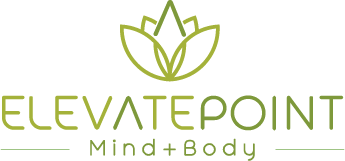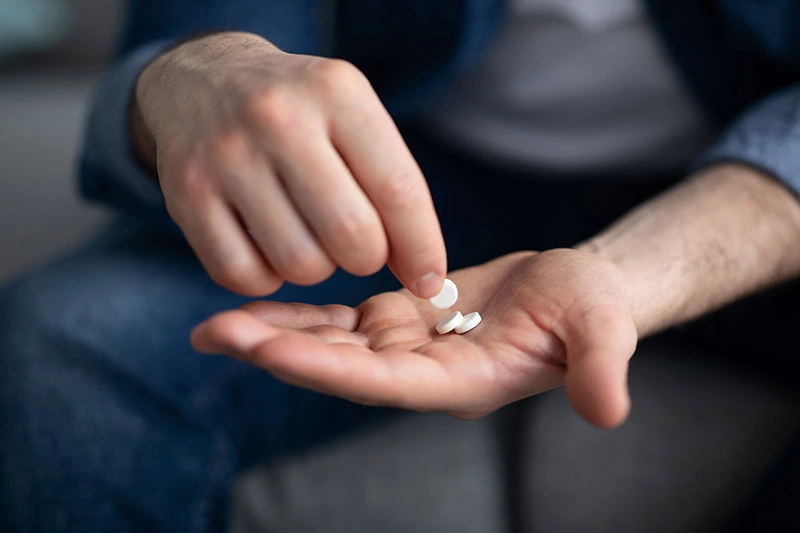Zoloft, a commonly prescribed SSRI for depression, anxiety, and OCD, is generally not considered addictive but can lead to tolerance, where the brain adjusts to its effects over time. This tolerance may cause users to increase their dosage to achieve the same relief, which can result in rebound symptoms like intensified depression or anxiety if the medication is stopped abruptly. These rebound effects can sometimes be mistaken for withdrawal or addiction. Additionally, tolerance may increase the risk of turning to other substances for relief. Treatment for Zoloft misuse often includes cognitive behavioral therapy (CBT), which helps individuals identify and change negative thought patterns linked to mental health issues and addiction. Combined with holistic therapies like yoga and mindfulness, CBT supports long-term recovery and mental health management. If you experience issues with Zoloft, seeking professional help is crucial.
Is Zoloft Addictive?
Zoloft is a popular Selective Serotonin Reuptake Inhibitor (SSRI) prescribed for conditions like:
- Depression
- Anxiety
- OCD
But is Zoloft addictive? Do you need to worry about using it regularly?
On its own, Zoloft is generally not considered addictive. However, you can develop a tolerance to it.
Zoloft Tolerance
A tolerance to Zoloft happens when you take it regularly and your body adapts to it. When your brain releases things like serotonin, it does so for predetermined lengths of time and then reabsorbs it. This controls how much serotonin is active at any given time.
Zoloft, as an SSRI, works by inhibiting the rapidity of that reuptake or reabsorption, thereby allowing the serotonin to linger in your brain for longer.
This helps to counter feelings of depression by allowing “happy hormones” to remain active for longer.
If you use Zoloft regularly, then your brain will develop a tolerance to it, making adjustments to the level of serotonin it naturally produces, given the fact that the serotonin remains for longer before being reabsorbed.
This can cause what many people mistake as symptoms of withdrawal or indications of addiction when you stop taking Zoloft.
Why?
When you stop, your brain has to adjust again to the change in serotonin levels, and this can leave you struggling with what is called rebound depression or rebound anxiety when preexisting levels of depression, anxiety, OCD, or other mental health symptoms come back. They often feel stronger than they did before the Zoloft.
Another issue with Zoloft tolerance is that when your body develops a tolerance, you might start taking more and more Zoloft to generate the same effect. This can worsen the chances of rebound symptoms when you stop taking it.
It can also increase the chances of using other substances to recreate the initial relief that Zoloft brought.
If you notice these signs and symptoms or feel like you cannot get relief without drugs, it is important to reach out for help with addiction and/or mental health disorders.
Treatment for Zoloft Addiction
When you come to our New York treatment center for Zoloft addiction, one of the primary therapies in which you might participate is cognitive behavioral therapy. This is often used in tandem with holistic programs at our facility, like yoga, mindfulness, and meditation.
Cognitive Behavioral Therapy
Cognitive behavioral therapy is a key part of our individual outpatient treatment programs. Cognitive behavioral therapy can be used to treat mental health disorders like depression or anxiety as well as addiction, anger issues, stress, and eating disorders. If you are asking questions like “Is Zoloft addictive?” you might have a prescription for an underlying mental health disorder like anxiety or depression, for which CBT is uniquely designed.
If you struggle with mental health disorders, cognitive behavioral therapy can help you change the way you think and feel, identifying things like automatic thoughts and the emotional reactions that they cause.
For example:
- Your automatic thoughts might tell you that you can’t improve or get over an addiction or anxiety, so you don’t try, and you end up frustrated
- Your automatic thoughts might tell you that your situation is completely the fault of someone else or yourself, so when you think about it, it causes you to get angry either toward yourself or toward someone else
- Your automatic thoughts might tell you that there’s nothing you can do to improve your life and your situation is hopeless, so you become depressed
However, our team helps you recognize these thoughts, identifying the relationship between them and your behaviors. From there, you can learn about cognitive distortions, put those automatic thoughts to the test, and determine how realistic they might be. With supportive group therapy and psychotherapy, you can learn problem-solving strategies and discuss ways that you can change these negative thoughts to positive ones, catching things like “all or nothing” thoughts or “jumping to conclusions” before they cause harmful behaviors.
Find Treatment For Zoloft Abuse
Don’t wait to get help. If you are struggling with mental health disorders, Zoloft tolerance, or any other addiction, you can get treatment with Elevate Point.
Call our team today to learn more about our flexible outpatient programs.
FAQ
Is Zoloft Addictive?
No, Zoloft is not generally considered addictive. However, you can develop a tolerance to Zoloft, which can lead to addictive behaviors like taking more Zoloft than is prescribed to achieve the same results. It can also cause rebound symptoms that are often mistaken as withdrawal symptoms once you stop taking Zoloft.
Is Zoloft as Addictive as Xanax?
Xanax is often prescribed as a short-term treatment because of its risk for addiction, though Zoloft is often prescribed for longer use because it does not have the same high addiction risk. Still, either can be used as part of your long-term treatment plan in conjunction with therapy and holistic care.
What is the Best Treatment for Zoloft Tolerance?
If you are struggling with Zoloft tolerance, the best treatment is often a combination of therapies. As Zoloft is an SSRI, it is typically prescribed for mental health disorders like anxiety or depression. Therefore, it is often recommended that you participate in things like CBT to help with symptoms of the underlying condition.
Are There Side Effects to Taking Zoloft?
Zoloft has many side effects, especially with long-term use, including things like emotional numbness, difficulty concentrating, sleep disturbances, sexual dysfunction, weight gain, and less common but nonetheless serious risks of suicidal ideation, bone health, and cardiovascular problems.
Can I Stop Taking Zoloft?
If you currently have a prescription for Zoloft, it’s important that you speak with your doctor if you are worried about addiction, tolerance, or other negative side effects. A doctor can help you taper the amount of Zoloft you use, rather than quitting all at once, to lessen the risk of rebound symptoms.
Are There Other Medications I Can Take for Depression?
If you are prescribed Zoloft for conditions like depression, anxiety, or OCD, and you are worried about the risks or side effects, there are other SSRIs you can try with proper support from a doctor. Our team can help you with ongoing therapy while also working to taper from Zoloft through our flexible outpatient programs.


